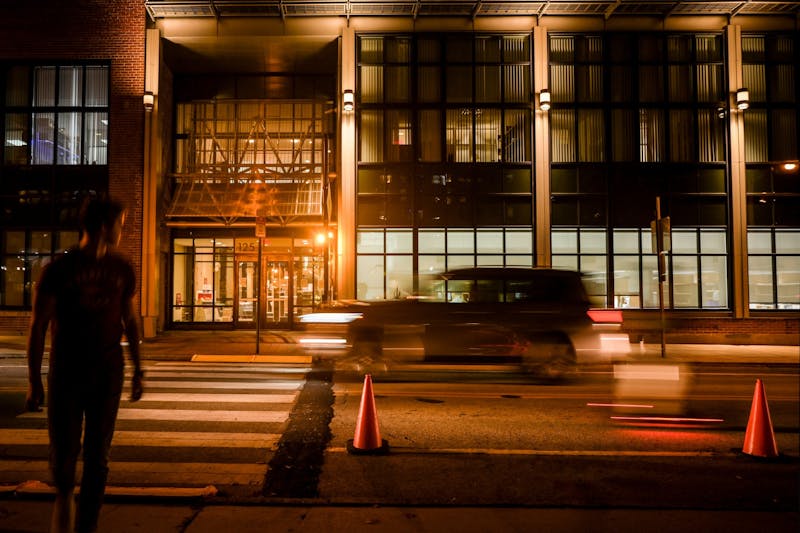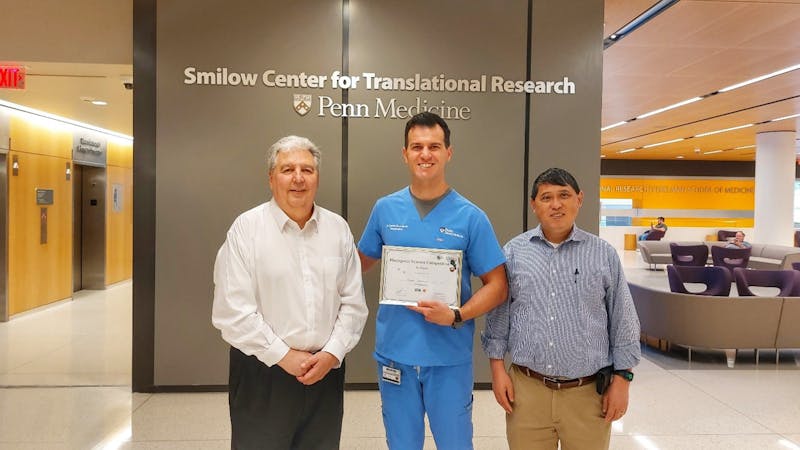
A Philadelphia judge upheld a record $183 million medical malpractice verdict against the Hospital of the University of Pennsylvania.
The malpractice verdict — which is the single largest malpractice award in Pennsylvania history — was issued in April 2023 to a child born at HUP in 2018 who suffered severe brain injuries at birth. Last week, Court of Common Pleas Judge Gwendolyn N. Bright rejected Penn Medicine’s post-trial motions to have the case dismissed or the verdict reduced — thereby keeping the initial verdict in place.
The Hospital of the University of Pennsylvania did not respond to a request for comment.
According to The Philadelphia Inquirer, the lawsuit was initially brought to court by a mother who claimed that Penn Medicine’s 45-minute delay in performing a cesarean section caused her baby to be born with cerebral palsy.
The lawsuit alleged that Penn doctors delayed the procedure despite being aware that the mother had an infection in her uterus at the time of delivery — a condition which, according to the Cleveland Clinic, is treated through antibiotics or an early delivery.
The child also suffered other neurological injuries and substantial neurodevelopmental delays, requiring lifelong care as a result. The plaintiffs argued that these injuries could have been avoided if a timely procedure had been conducted.
Penn Medicine’s lawyers stated that their employees handled the procedure with the standards of care required and argued that the infant had suffered the injuries prior to the mother’s arrival at the hospital.
The jury conclusively held Penn Medicine liable for the injuries to the baby, awarding the plaintiffs $10 million for past pain and suffering, $70 million for future pain and suffering, $1.7 million for lost earnings, and $101 million for future medical costs. The $183 million award is to be paid over the duration of the child’s lifetime.
Briggs Bedigian, a lawyer who represented the mother, believes that Bright’s upholding of the verdict was an affirmation of the jury’s decision and that the verdict should not be overturned.
“The jury sat intently, as the judge put it, for three weeks, listened to all of the evidence, and at the end of the day decided that the evidence strongly, strongly favored the injured plaintiff in this case and found in his favor,” Bedigian said to The Inquirer.
In an emailed statement to The Inquirer, Penn stated that they respectfully disagreed with the court’s decision and would be pursuing an appeal.
It is rare for such appeals to be overturned following a jury’s verdict. John J. Hare, a civil attorney in Philadelphia, told the Inquirer that only 10-15% of appeals succeed in having their verdict overturned.
The previous record verdict of $100 million was awarded in 2000 to a child who suffered brain damage and required an arm amputation as a result of a failed surgical procedure.
The Daily Pennsylvanian is an independent, student-run newspaper. Please consider making a donation to support the coverage that shapes the University. Your generosity ensures a future of strong journalism at Penn.
Donate












